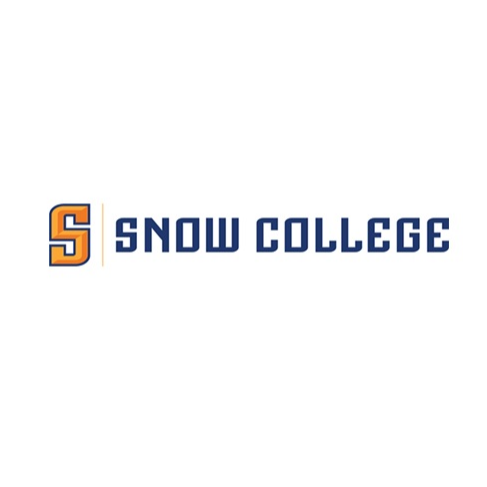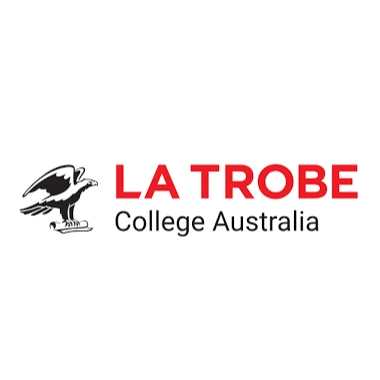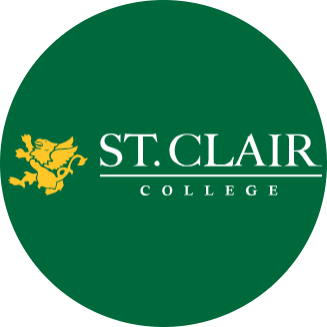• Study Abroad Guidance
Education Agents -Work ethics, Trust and Obligations
1858 Reads
3 min Read
Overseas educational institutions maximize their resources by increasing student enrolment through international student agents. It’s quite favourable for institutions to work with these agents, as they follow work ethics and deliver their contractual obligations on time. Read the blog to know about the role of an Education agent in the process of applying to study in Canada.
Education agents are an integral part of the international education industry. They are certainly valued and respected, for they are instrumental in assisting students in enrolling and studying in international educational institutions. The majority of education agents for Canada are recognised for their high standards and levels of service based on the outcomes achieved by them. The Provider Registration and International Management System has enabled institutions to record the involvement of an international education agent in enrolling an international student. Educational institutions prefer to work with agents who meet the ethical standards set out in the National Code of Practice for Providers of Education and Training to Overseas Students 2018. This aims to acknowledge the valuable role played by international education agents and notify the performance achieved by most agents.
Education Agents who are trustworthy would justify the given requirements:
List of Do's and Don'ts for education agents representing Canadian education institutions:
Do’s
Don’ts
Conclusion
Also read: Role and importance of an overseas education consultant
FAQ
Get great articles direct to your inbox
The latest news, articles, and resources, sent straight to your inbox every month.
Popular Universities to Study Abroad
World class education waiting for you.


SP Jain School of Global Management - Dubai Campus
Dubai, UAE • 4 Programmes
Tuition Fee : AED 0-0 / year

Navitas Group - La Trobe College - Melbourne Campus
Victoria, Australia • 117 Programmes
Tuition Fee : AUD 33000-38000 / year

Durham College - Oshawa Campus
Ontario, Canada • 105 Programmes
Tuition Fee : CAD 14000-20500 / year
.webp)
University of Wales Trinity Saint David - London Campus
England, UK • 5 Programmes
Tuition Fee : GBP 12000-18000 / year

St. Clair College - Windsor Campus
Ontario, Canada • 44 Programmes
Tuition Fee : CAD 15500-21000 / year

Dimensions International College - Main Campus
North Region, Singapore • 38 Programmes
Tuition Fee : SGD 0-0 / year
-Webster-University-St.-Louis-Campus.webp)
Global University Systems (GUS) - Webster University - St. Louis Campus
Missouri, USA • 81 Programmes
Tuition Fee : USD 28500-29000 / year
Popular English Language Proficiency Exams
Blogs and Articles
Curated content to keep you updated on the latest education trends, news and more.
ACT vs. SAT: Which One to Choose?
Updated on • Apr 14,2025 01:46 PM IST • Study Abroad
Updated on • Apr 11,2025 05:53 PM IST • IELTS
Backlog Certificate: A Complete Guide
Updated on • Apr 11,2025 01:47 PM IST • Study Abroad Guidance
PTE Score Chart 2025: PTE Exam Scoring System & Calculation
Updated on • Apr 09,2025 05:37 PM IST • PTE
Master's in Computer Science in the USA
Updated on • Apr 08,2025 05:59 PM IST • USA
Top Trending MBA Specialisations in 2025
Updated on • Apr 08,2025 04:47 PM IST • Study Abroad
Describe Your Hometown IELTS Speaking Part 1 Topic
Updated on • Apr 07,2025 05:50 PM IST • IELTS
How to Get a Job in USA in 2025
Updated on • Apr 07,2025 03:19 PM IST • USA
Highest Paying Jobs in the World
Updated on • Apr 01,2025 05:31 PM IST • Study Abroad
Student Life in Ireland in 2025
Updated on • Mar 29,2025 05:50 PM IST • Ireland
Top Public Universities in Germany
Updated on • Mar 26,2025 04:33 PM IST • Germany
Top Universities for Masters in Ireland in 2025
Updated on • Mar 25,2025 04:36 PM IST • Ireland
Cost of Living in Singapore for Indian Students in 2025
Updated on • Mar 22,2025 11:57 AM IST • Singapore
PTE vs IELTS : Know the Difference and Which is Easier?
Updated on • Mar 21,2025 03:38 PM IST • IELTS
Updated on • Mar 20,2025 10:19 AM IST • Germany
Updated on • Mar 12,2025 11:20 AM IST • Ireland
Updated on • Mar 11,2025 01:18 PM IST • USA
Best Countries to Study Abroad for Indian Students in 2025
Updated on • Mar 08,2025 01:24 PM IST • Study Abroad
Updated on • Mar 05,2025 12:19 PM IST • UK
Fastest Growing Job Sectors in Germany in 2025
Updated on • Feb 28,2025 04:04 PM IST • Germany
Related Blogs and Articles
A little effort to provide an authentic and reliable content for keen readers!!
Backlog Certificate: A Complete Guide
Updated on • 11-04-2025 • Study Abroad Guidance
What if Your Visa Gets Rejected?
Updated on • 27-02-2025 • Study Abroad Guidance
What is the difference between CV and Resume?
Updated on • 31-01-2025 • Study Abroad Guidance
Study Abroad: Physiotherapy Guide
Updated on • 25-10-2024 • Study Abroad Guidance
Updated on • 19-10-2024 • Study Abroad Guidance
Best Cities to Study in Switzerland
Updated on • 29-08-2024 • Study Abroad Guidance
Entrance exams to study in Canada
Updated on • 04-06-2024 • Study Abroad Guidance
How to Make the Most of Your Study in Canada Experience
Updated on • 25-01-2024 • Study Abroad Guidance
How to Make Friends When Studying Abroad
Updated on • 15-09-2023 • Study Abroad Guidance
How is Artificial Intelligence Revolutionising Global Education?
Updated on • 14-09-2023 • Study Abroad Guidance
Health Tips for Students Studying Abroad
Updated on • 12-09-2023 • Study Abroad Guidance
13 Steps for Students Aspiring To Study Abroad
Updated on • 12-09-2023 • Study Abroad Guidance
Things to Do and Student lifestyle in Canada
Updated on • 11-09-2023 • Study Abroad Guidance
How to Write a Scholarship Essay?
Updated on • 21-08-2023 • Study Abroad Guidance
Resume format for Freshers: Tips, Types, and How to choose
Updated on • 17-08-2023 • Study Abroad Guidance
Top Cities to Study in Germany
Updated on • 07-08-2023 • Study Abroad Guidance
Top 10 careers after Studying in USA
Updated on • 07-08-2023 • Study Abroad Guidance
Role & Importance of an Overseas Education Consultant
Updated on • 24-07-2023 • Study Abroad Guidance
How Studying Abroad Can Change You in Your Twenties
Updated on • 19-07-2023 • Study Abroad Guidance
Updated on • 12-05-2023 • Study Abroad Guidance












